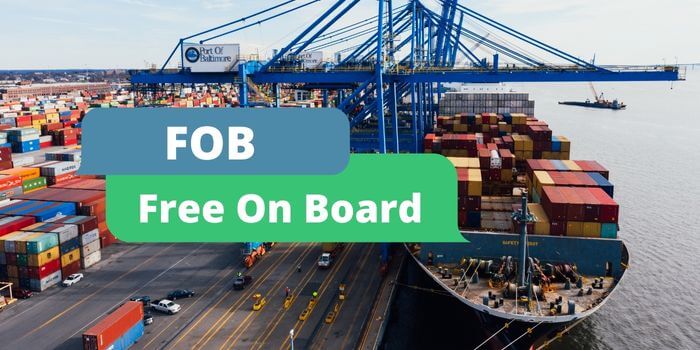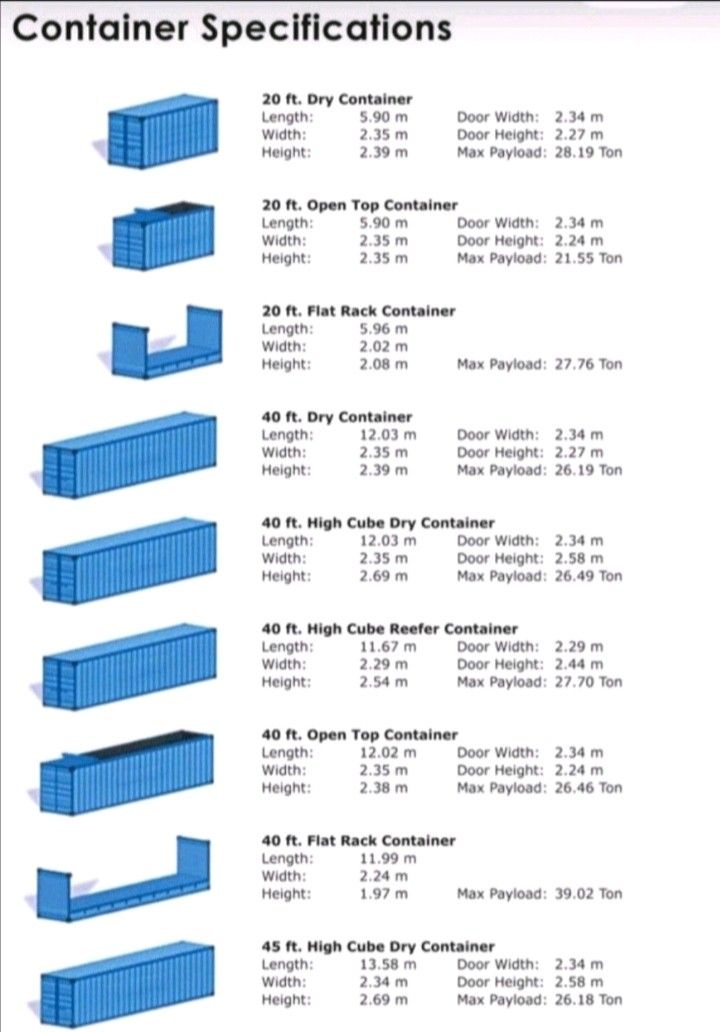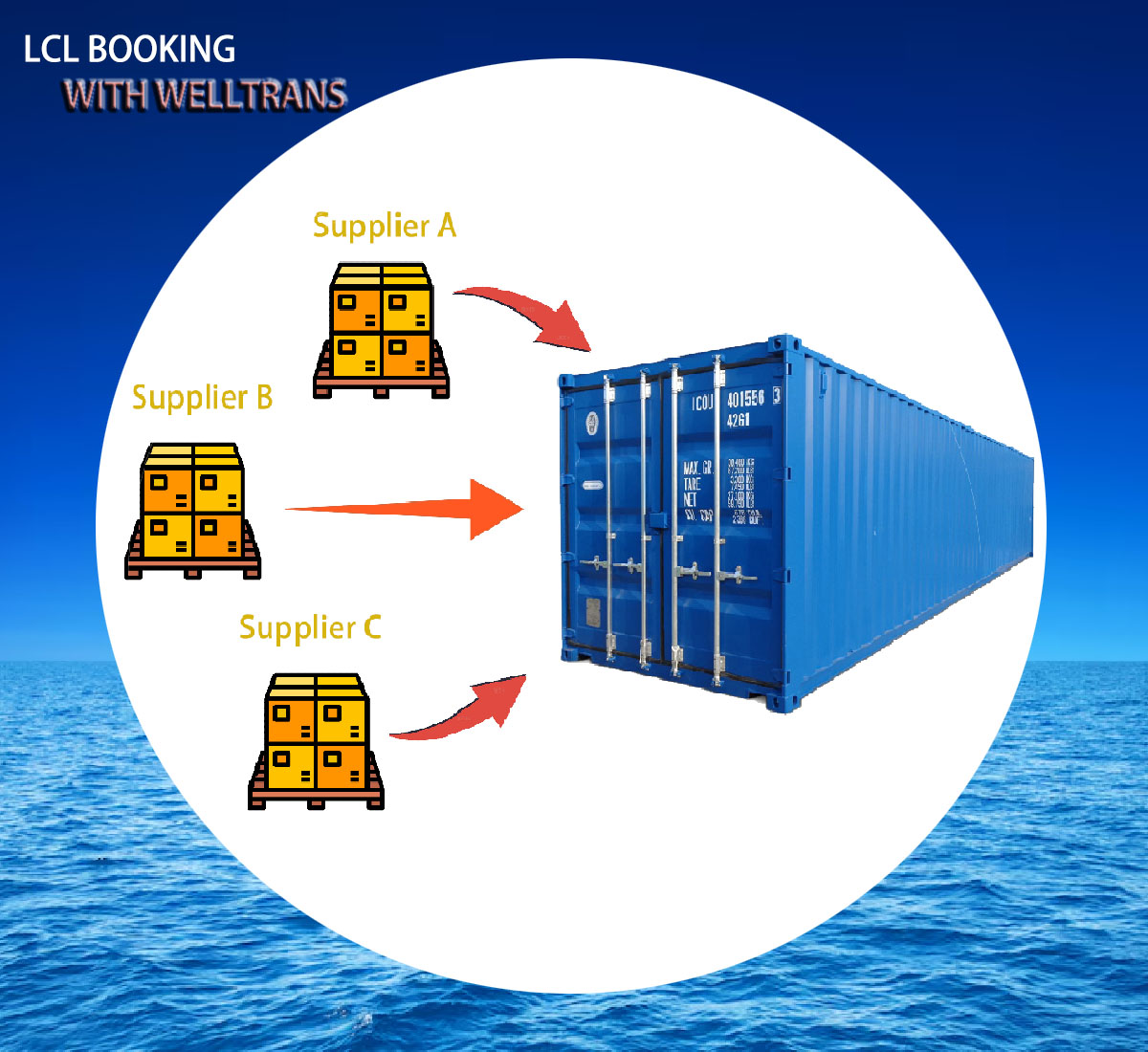In the dynamic world of international trade, choosing the right Incoterm is critical for overseas buyers aiming to optimize costs, reduce risks, and ensure smooth logistics. Incoterms, defined by the International Chamber of Commerce (ICC), establish clear rules for the responsibilities of buyers and sellers in global trade. At Welltrans Logistics, we’ve observed a growing trend: more buyers are shifting from CIF (Cost, Insurance, and Freight) to EXW (Ex Works) or FOB (Free on Board). This shift reflects a desire for greater control over shipping processes and the recognition that professional freight forwarders can handle logistics more efficiently than manufacturers. In this comprehensive guide, we’ll explore the differences between CIF, EXW, and FOB, analyze their suitability for overseas buyers, and help you make informed decisions to streamline your supply chain.
CIF (Cost, Insurance, and Freight) is an Incoterm where the seller is responsible for arranging and paying for the transportation of goods to a specified port of destination, including insurance coverage during the sea transit. The seller’s obligations include:
- Delivering the goods on board the vessel.
- Covering freight costs to the destination port.
- Providing minimum insurance for the goods during transit.
Once the goods are loaded onto the ship, the risk transfers to the buyer, who is then responsible for unloading, customs clearance, and onward transportation. CIF is often appealing to buyers who prefer a hands-off approach, as the seller manages most logistics up to the destination port.
What is EXW?
EXW (Ex Works) places the least responsibility on the seller. Under this Incoterm, the seller’s obligation ends once the goods are made available at their premises (e.g., factory or warehouse). The buyer assumes full responsibility for:
- Arranging and paying for all transportation from the seller’s premises.
- Handling export customs clearance.
- Managing loading, insurance, and delivery to the final destination.
EXW is often the cheapest option in terms of product cost, as it excludes transportation and logistics expenses. However, it requires the buyer to have robust logistics expertise or a reliable freight forwarder like Welltrans Logistics to manage the entire shipping process.
What is FOB?
FOB (Free on Board) strikes a balance between CIF and EXW. The seller is responsible for delivering the goods to a specified port and loading them onto the buyer’s designated vessel. Key obligations include:
- Transporting goods to the port of shipment.
- Handling export customs clearance.
- Loading the goods onto the ship.
Once the goods are on board, the risk and responsibility transfer to the buyer, who manages freight costs, insurance, and logistics from the port of shipment to the final destination. FOB is ideal for buyers who want control over international shipping while leveraging the seller’s local expertise for export processes.
Key Differences Between CIF, EXW, and FOB
To choose the best Incoterm, overseas buyers must understand how CIF, EXW, and FOB differ in terms of responsibility, costs, risk, and control. Below, we break down these differences:
Responsibility
- CIF: The seller handles everything from production to delivering the goods to the destination port, including freight and insurance. The buyer takes over after the goods arrive at the port.
- EXW: The seller’s responsibility is minimal, ending when the goods are ready for pickup at their premises. The buyer manages all logistics, including export clearance and transportation.
- FOB: The seller is responsible until the goods are loaded onto the ship at the port of shipment. The buyer then takes charge of the international leg of the journey.
Shipping Costs
- CIF: The seller covers all costs up to the destination port, including freight and insurance. However, these costs are often factored into the product price, potentially increasing the overall expense.
- EXW: The buyer bears all transportation costs from the seller’s premises, which can lead to lower product prices but higher logistics expenses if not managed efficiently.
- FOB: The seller pays for transport and loading costs up to the port of shipment, while the buyer covers freight and onward logistics. This split can offer cost savings compared to CIF.
Risk Transfer
- CIF: Risk transfers to the buyer once the goods are loaded onto the ship at the port of shipment, but the seller arranges insurance to cover the sea transit.
- EXW: Risk shifts to the buyer as soon as the goods are available at the seller’s premises, making it the riskiest option for buyers without strong logistics support.
- FOB: Risk transfers to the buyer when the goods are loaded onto the ship, offering a balanced risk profile compared to CIF and EXW.
Control Over Freight
- CIF: The seller controls the shipping process, including carrier selection and routing, up to the destination port. This can limit the buyer’s ability to optimize costs or choose preferred freight forwarders.
- EXW: The buyer has full control over the entire logistics chain, from pickup to delivery. This allows for tailored shipping solutions but requires significant expertise.
- FOB: The buyer gains control once the goods are loaded onto the ship, enabling them to select carriers, negotiate rates, and optimize international shipping routes.
Why Are Buyers Moving Away from CIF?
The trend of overseas buyers shifting from CIF to EXW or FOB is driven by several factors, as outlined in resources like Trade Finance Global’s guide to Incoterms:
- Greater Control Over Logistics: With CIF, the seller selects the shipping line and freight forwarder, which may not align with the buyer’s preferences or cost-saving goals. EXW and FOB allow buyers to work with trusted partners like Welltrans Logistics to optimize routes and reduce costs.
- Cost Transparency: CIF often includes hidden costs, as sellers mark up freight and insurance charges to cover their risks. EXW and FOB provide clearer cost breakdowns, enabling buyers to negotiate better rates directly with freight forwarders.
- Professional Freight Forwarding: Sellers are experts in manufacturing, not logistics. By choosing EXW or FOB, buyers can entrust transportation to specialized freight forwarders who offer expertise in customs clearance, documentation, and efficient shipping solutions.
- Flexibility in Consolidation: FOB is particularly advantageous for buyers consolidating shipments from multiple suppliers into a single container. This reduces shipping costs and simplifies logistics, a flexibility not available with CIF. At Welltrans Logistics, our warehouse consolidation services enable buyers to efficiently combine goods from various suppliers, ensuring seamless and cost-effective shipments.
- Reduced Dependency on Sellers: CIF places buyers at the mercy of the seller’s logistics capabilities, which may be limited. EXW and FOB empower buyers to manage their supply chain, ensuring timely and secure deliveries.
This shift highlights the growing preference for EXW and FOB among buyers who value control, transparency, and efficiency in international trade.

When to Choose CIF, EXW, or FOB
Choosing the right Incoterm depends on your business needs, logistics expertise, and risk tolerance. Here’s a guide to help you decide:
When to Choose CIF
- Best for: Buyers with limited logistics experience or those prioritizing convenience.
- Scenarios:
- You’re new to international trade and prefer the seller to handle most logistics.
- You’re shipping high-value goods where seller-provided insurance is critical.
- You lack local contacts in the seller’s country for export clearance.
- Considerations: Be prepared for potentially higher costs due to seller markups on freight and insurance. Ensure the contract specifies the destination port clearly to avoid disputes.
When to Choose EXW
- Best for: Buyers with strong logistics capabilities or access to reliable freight forwarders like Welltrans Logistics.
- Scenarios:
- You want maximum control over the entire supply chain, from pickup to delivery.
- You’re sourcing from multiple suppliers and need to coordinate complex logistics.
- You’re confident in managing export customs clearance and transportation.
- Considerations: EXW requires significant logistics expertise and coordination. Partnering with a professional freight forwarder can mitigate risks and streamline the process.
When to Choose FOB
- Best for: Buyers seeking a balance between control and seller support.
- Scenarios:
- You want to control international shipping but rely on the seller for local transport and export clearance.
- You’re consolidating shipments from multiple suppliers at the port of shipment.
- You have established relationships with freight forwarders for cost-effective shipping.
- Considerations: FOB offers flexibility and cost savings compared to CIF but requires coordination for international logistics. Ensure clear communication with the seller about the port of shipment.
Ultimately, the decision hinges on your ability to manage logistics, your budget, and your strategic goals. For most overseas buyers, FOB strikes an ideal balance, while EXW suits those with advanced logistics capabilities.
How Welltrans Logistics Can Help
At Welltrans Logistics, we specialize in helping overseas buyers navigate the complexities of international shipping. Whether you choose EXW, FOB, or CIF, our expertise ensures seamless logistics and cost-effective solutions. Here’s how we can support you:
- EXW Expertise: We handle pickup, export clearance, and global transportation, turning EXW’s challenges into opportunities for cost savings and control.
- FOB Optimization: We negotiate competitive freight rates, select efficient routes, and manage international shipping to maximize your FOB benefits.
- CIF Support: For CIF shipments, we assist with customs clearance, unloading, and onward logistics at the destination port.
- Door-to-Door Solutions: Our door-to-door shipping from China service simplifies your supply chain by managing every step, from pickup to final delivery. We also offer tax-included delivery services to key markets, such as shipping from China to the USA, Canada, UAE, Saudi Arabia, and Nigeria, ensuring a hassle-free experience with all duties and taxes handled.
- Consolidation Services: We streamline multi-supplier shipments, consolidating goods into single containers to reduce costs.
- Transparency and Communication: Our team provides real-time updates and clear cost breakdowns, ensuring you stay informed every step of the way.
Contact Welltrans Logistics today to optimize your supply chain and make the most of your chosen Incoterm.
Conclusion
In the evolving landscape of international trade, selecting the right Incoterm—CIF, EXW, or FOB—is pivotal for overseas buyers. While CIF offers convenience, its lack of transparency and control has driven many buyers toward EXW and FOB. EXW provides maximum flexibility and cost savings for those with logistics expertise, while FOB balances seller support with buyer control, making it a popular choice for consolidating shipments and optimizing costs.
By understanding the differences between these Incoterms and partnering with a trusted freight forwarder like Welltrans Logistics, you can enhance your supply chain efficiency, reduce risks, and achieve your business goals. Whether you’re a seasoned importer or new to global trade, choosing the right Incoterm and logistics partner is the key to success in today’s competitive marketplace.
Ready to streamline your international shipping? Contact Welltrans Logistics for expert guidance and tailored solutions to make your EXW, FOB, or CIF shipments a success.



